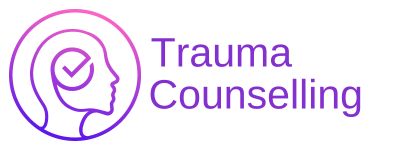The addiction cycle
1. Trigger: This phase represents the events, emotions, or situations that trigger the urge to use substances. Triggers can include stress, trauma, peer pressure or environmental cues, being around others using and remembering the high.
2. Craving: Following a trigger, you experience intense cravings or urges to use substances to alleviate discomfort or escape reality. Some people I work with try to avoid discomfort at all costs. It’s like they don’t want to feel any so called negative emotion. Cravings make it hard to resist using and the craving can pass in as little as 15 minutes
3. Ritual: Finding a reason to strike up an argument or be irritated with the craving and find an excuse to use such as that person did that so now you have to (use), it was external to them and they can justify using now. No one can make you feel. Your feelings are your responsibility.
4. Substance Use: In response to cravings, you engage in your substance of choice to alleviate negative emotions, numb pain, or seek pleasure. This phase perpetuates the cycle of addiction and reinforces the brain’s reward system.
5. Guilt: You feel bad for using and being weak, failing or disappointing yourself or others. This triggers you to start the whole cycle off again.
Short-Term Relief: Substance use provides temporary relief from distressing emotions or physical discomfort. However, the relief is short-lived, and individuals may experience guilt, shame, or remorse following substance use.
Negative Consequences: Substance use leads to a range of negative consequences, including health problems, relationship conflicts, legal issues, and financial difficulties. Despite these consequences, individuals may continue to use substances to cope with emotional pain or stress.
The addiction cycle continues as individuals experience triggers, cravings, substance use, temporary relief, and negative consequences in a repetitive pattern. Over time, the cycle intensifies, leading to increased dependence and worsening consequences.
How does counselling come into it?
The therapeutic relationship provides a supportive and non-judgmental safe space to explore your feelings and validate your true self and what triggers you to engage in your addiction.
I will support you to navigate how it all started, to identify your associations and get to the root cause of your addiction.
I will help you to clear your trauma, unprocessed memories and unresolved emotions, which have created your distorted thinking patterns, and started these unhealthy coping strategies. You will create new ways of coping, thinking and new healthier beliefs about yourself, others and the world. You will heal by allowing yourself to feel, which will validate you. You will turn your wounds into wisdom so that you see yourself differently and recovery will be more sustainable than it would be doing programmes without counselling.
By addressing the addiction cycle through counselling, along with specific programmes designed for overcoming addiction, you will break free from the grip of addiction, regain control of your life and embark on a journey towards lasting sobriety and well-being.
Call to action
When you are ready to deep-dive and really get to the root cause of your addiction, I am here for you, waiting for your contact. I hope to meet you, get started and hear you very soon. Best wishes, Karen
